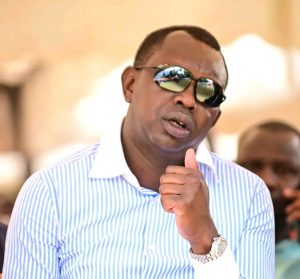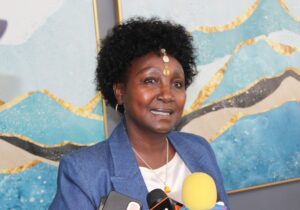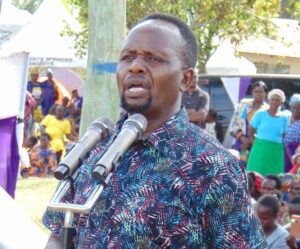Senator Manzo Files Censure Motion Against President Ruto Amid Rising Tensions

In a significant political development, Senator Daniel Manzo of Makueni County has filed a censure motion against President William Ruto, highlighting concerns over his administration’s handling of national security and governance. This motion follows the recent impeachment proceedings against Deputy President Rigathi Gachagua, initiated by Members of Parliament and resulting in legal action.
During a press conference, Manzo, who serves as the Chairperson of the National Security Council, accused President Ruto of failing to protect citizens from police brutality and violence, particularly during recent demonstrations. “We have seen an alarming number of Kenyans go missing, with many others killed or brutalized by police forces,” Manzo stated. He pointed out that several bodies remain uncollected in facilities like City Mall and various mortuaries across the country.
Furthermore, Manzo criticized the President for not engaging the public in key initiatives and decisions, notably the controversial leasing of Jomo Kenyatta International Airport (JKIA) to the Adani Group. He argued that these actions reflect a broader pattern of neglecting the needs and voices of ordinary Kenyans.
The senator also addressed the financial challenges facing county governments, claiming that the President has reduced allocations and delayed funding, resulting in dire consequences for healthcare and agriculture. “Kenyans are suffering due to this failure to fully devolve health and agricultural resources,” he added.
This censure motion comes just nine days after Tana River Senator Danson Mungatana initiated a similar motion against Deputy President Gachagua. Mungatana’s concerns centered around Gachagua’s divisive rhetoric since taking office, which he argues has exacerbated tensions among Kenyans.
As the Senate prepares to address these motions, the political landscape remains charged, with citizens closely watching how their leaders respond to ongoing issues of governance, security, and public welfare.
By Robert Mwania








